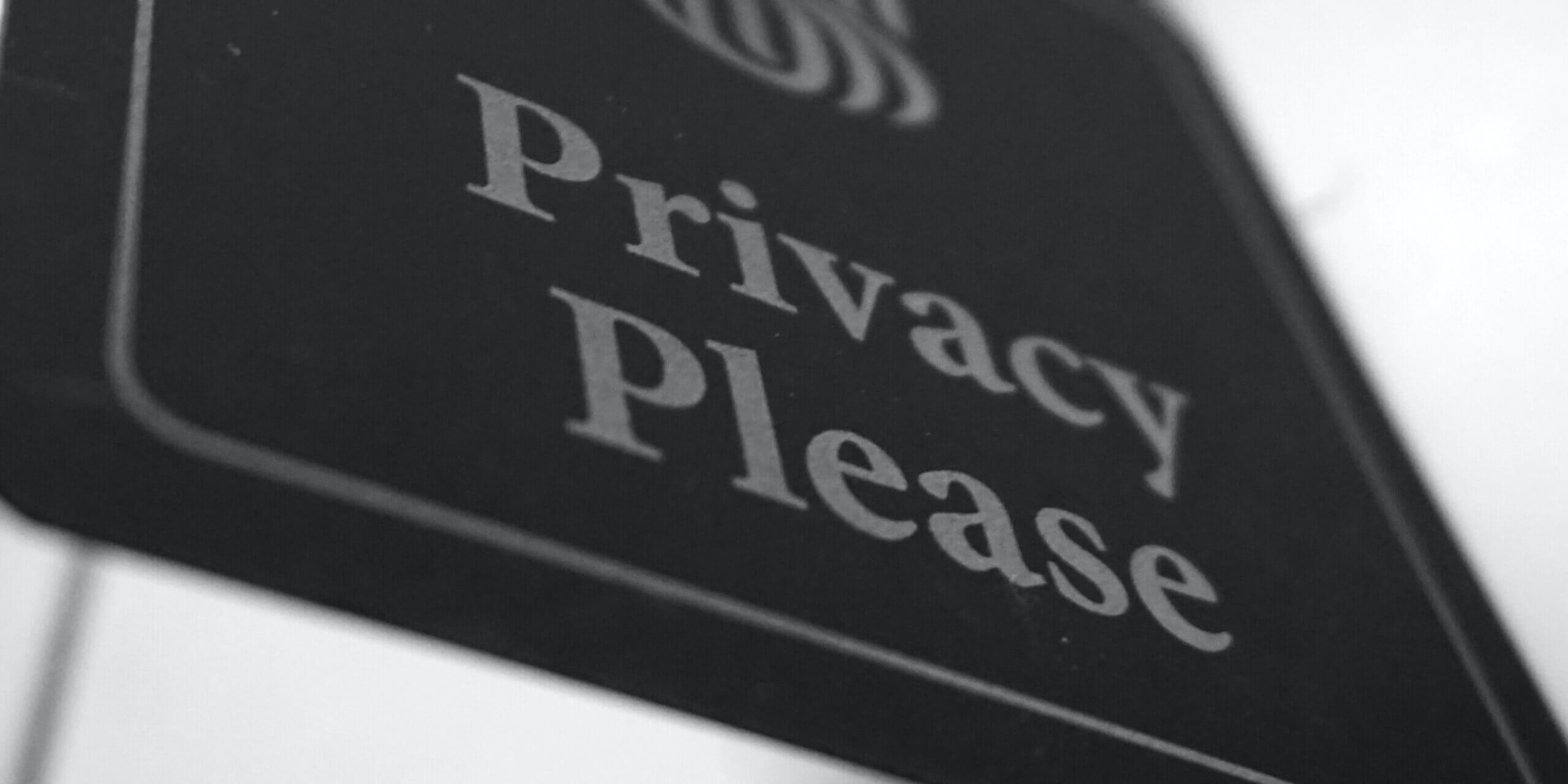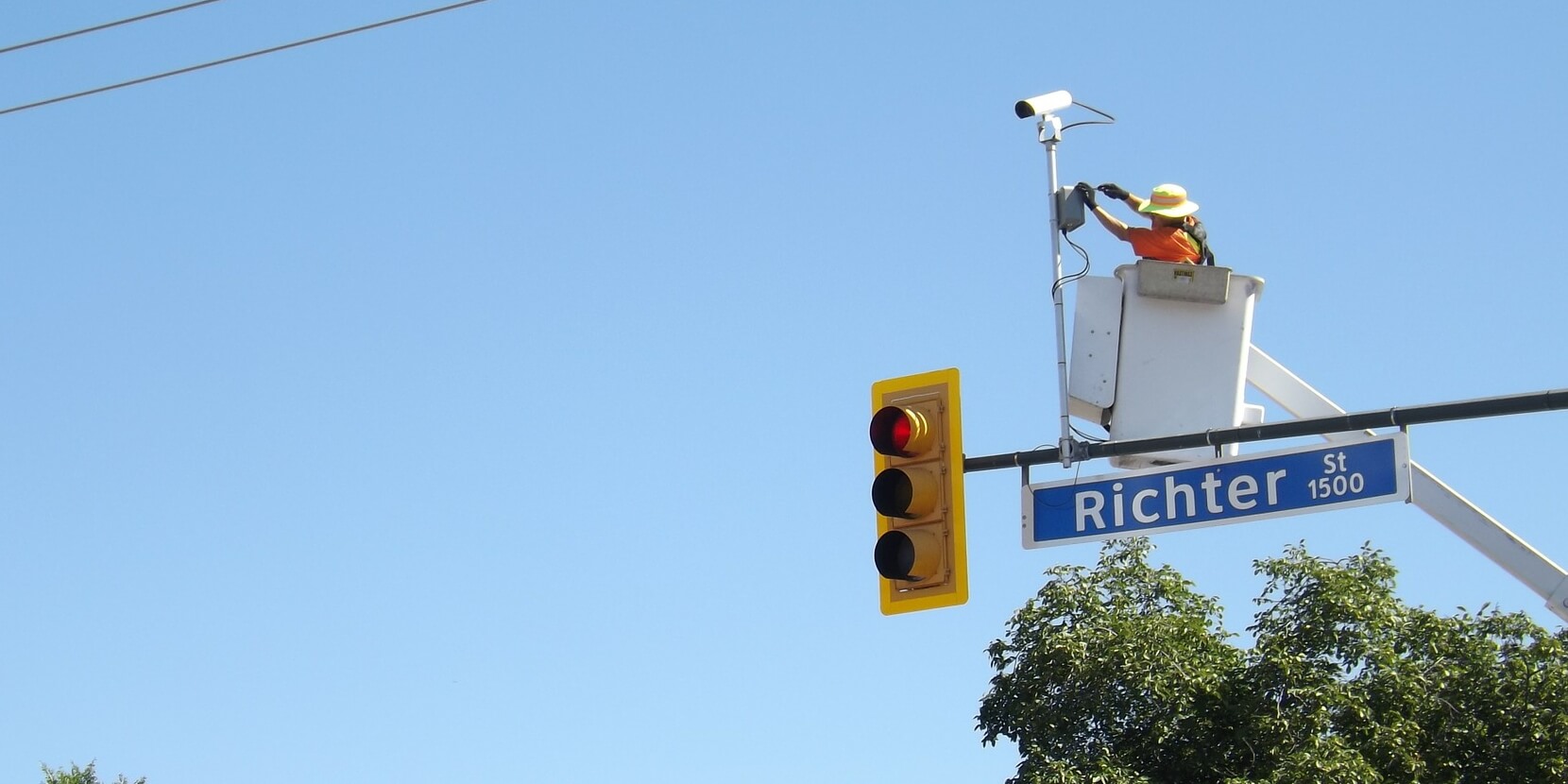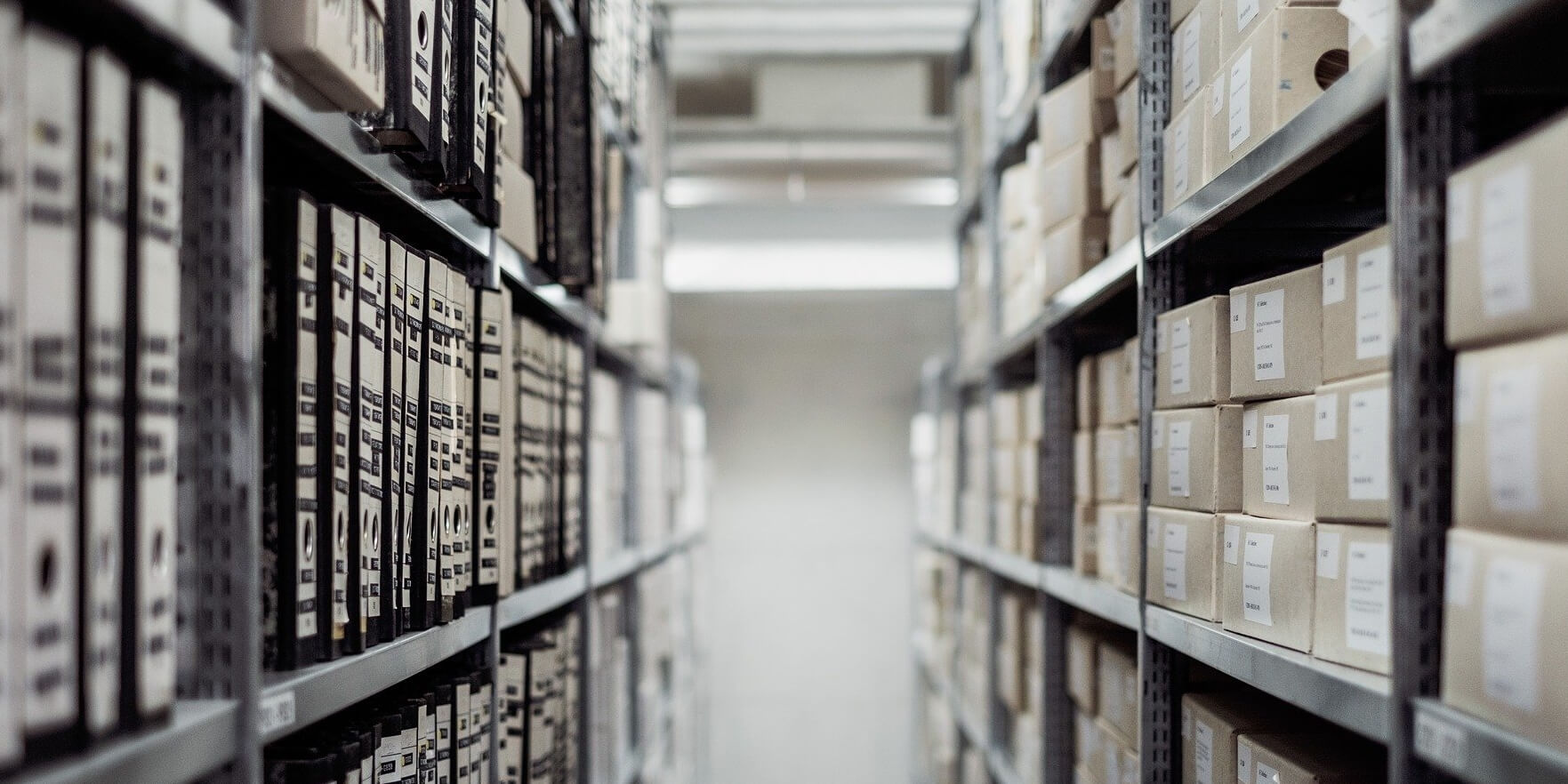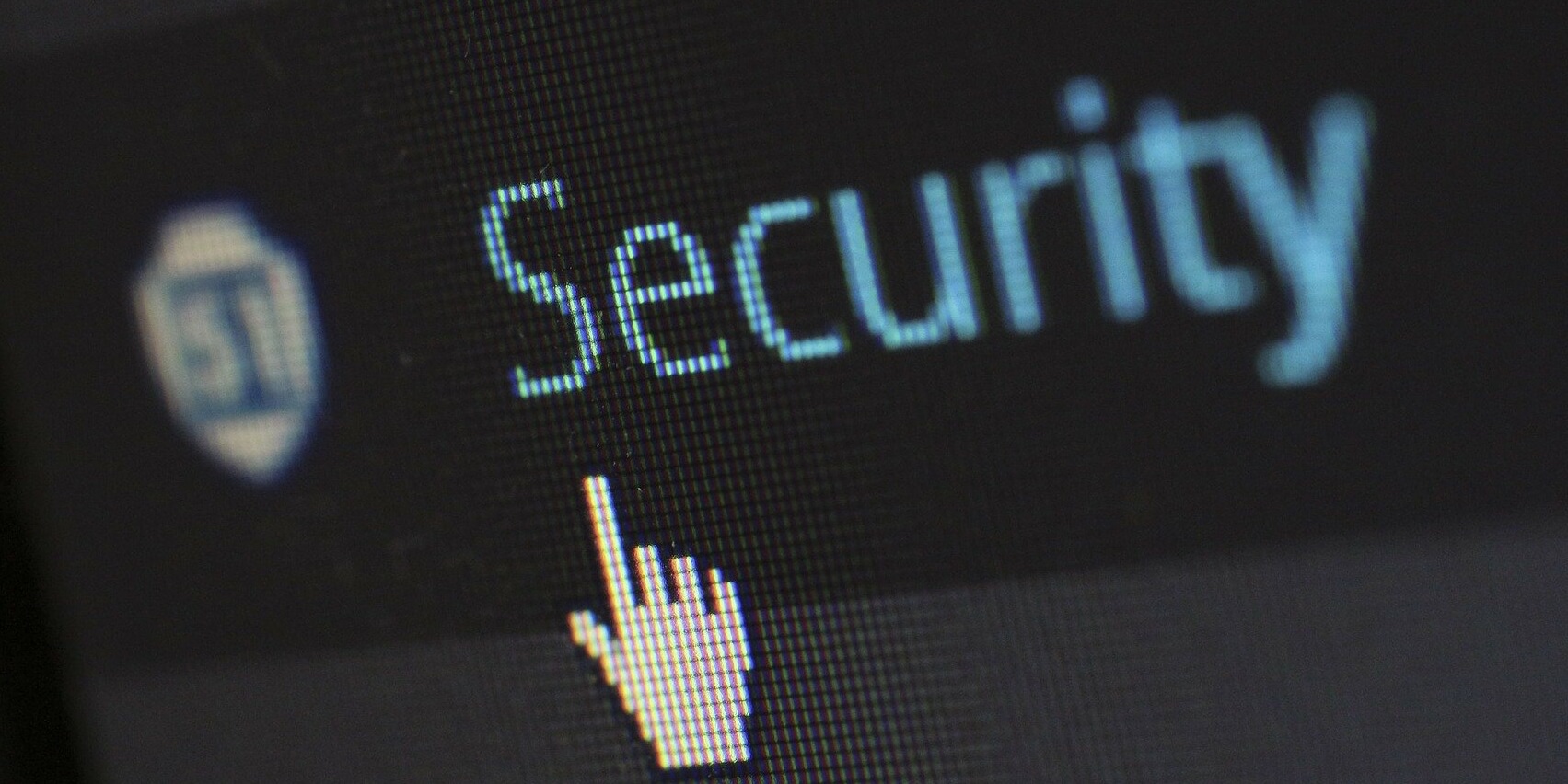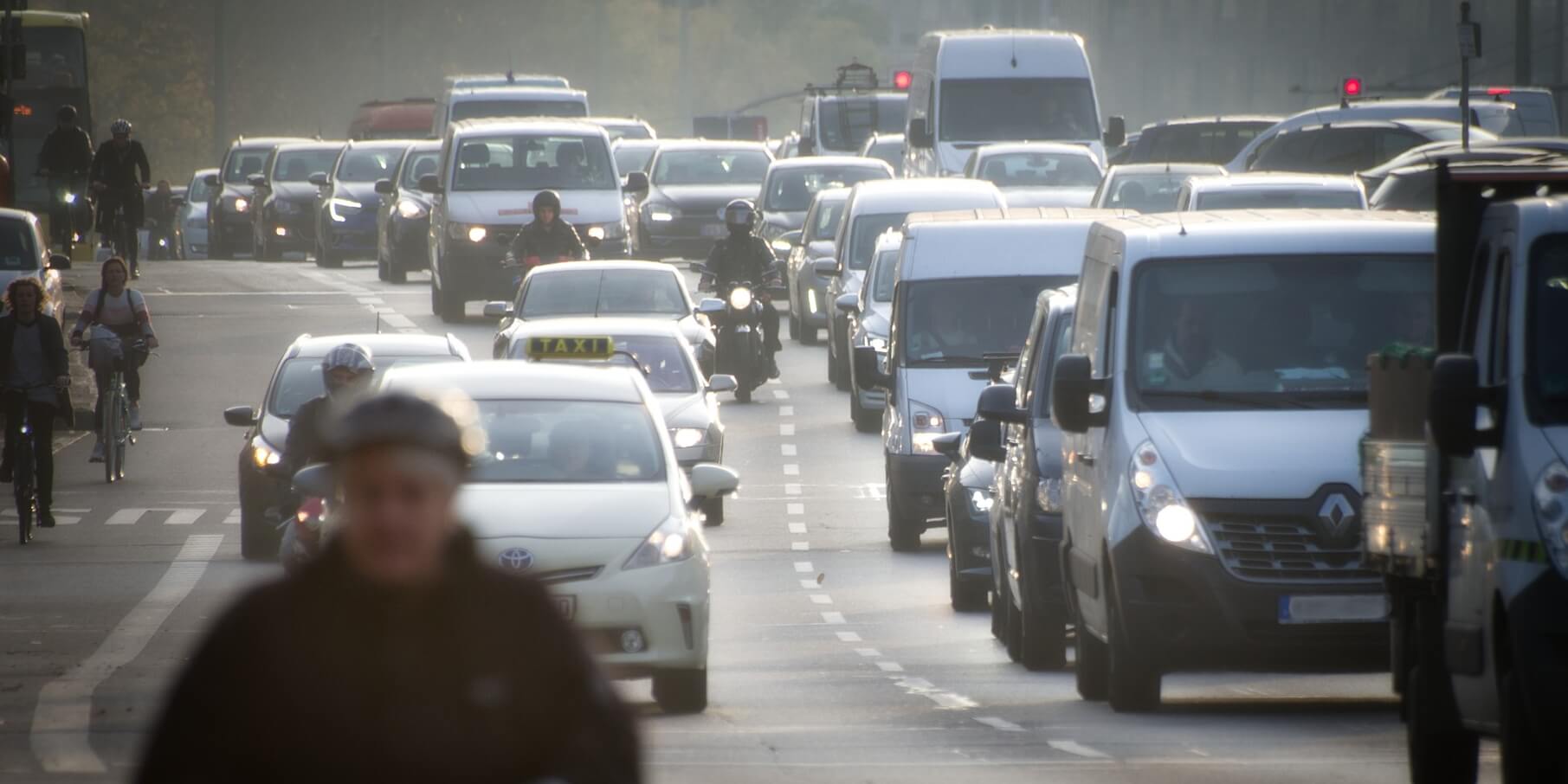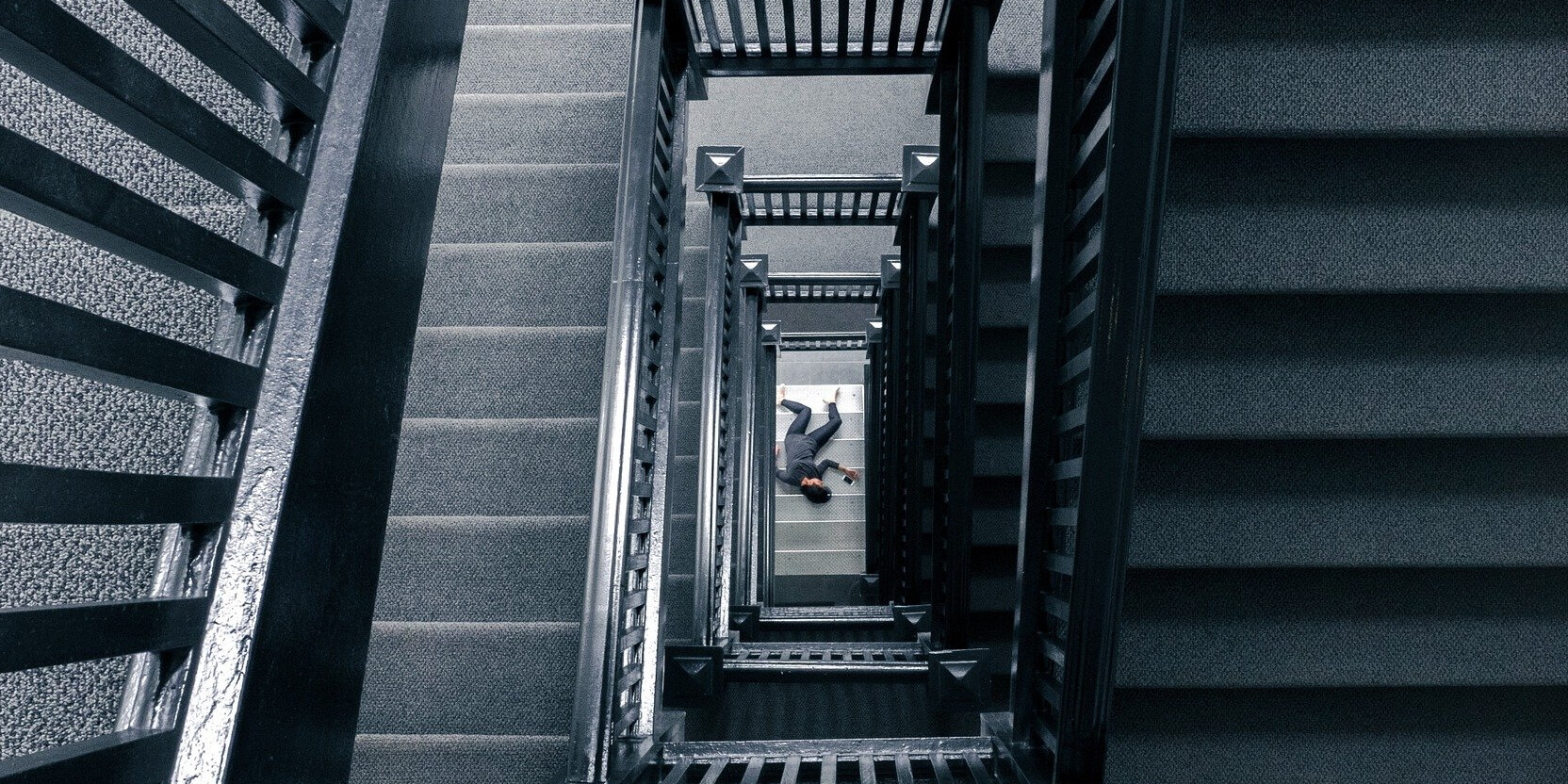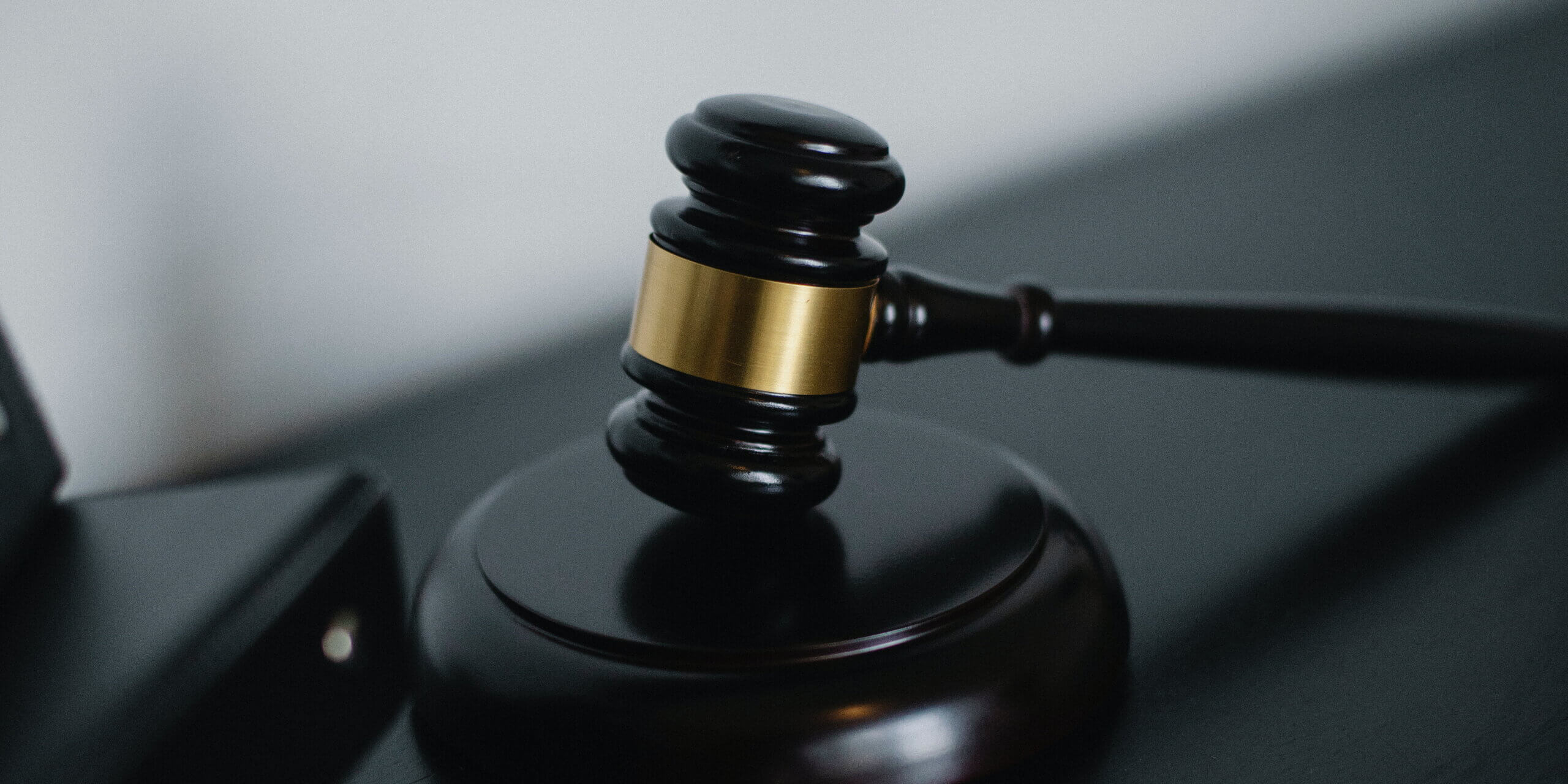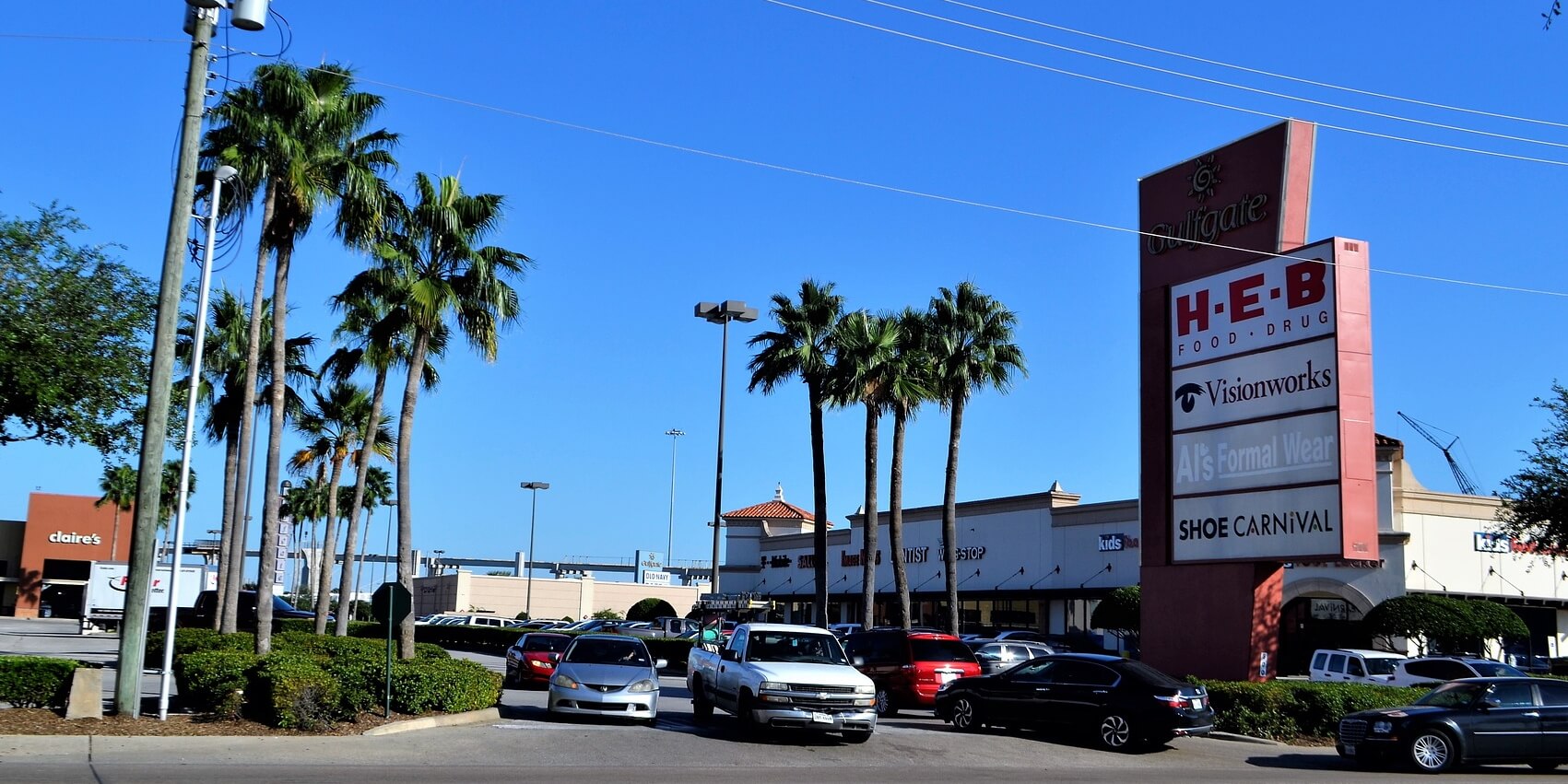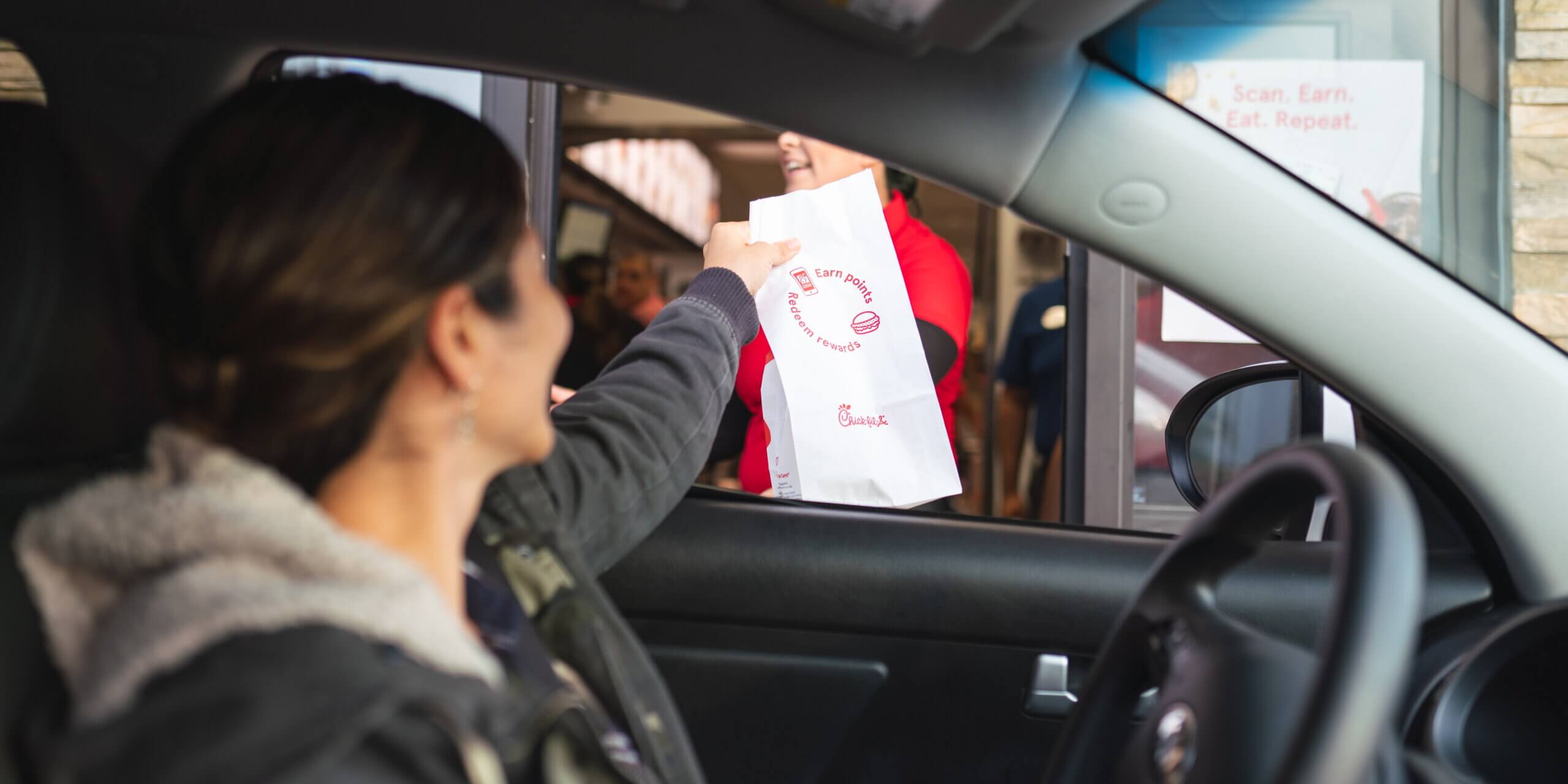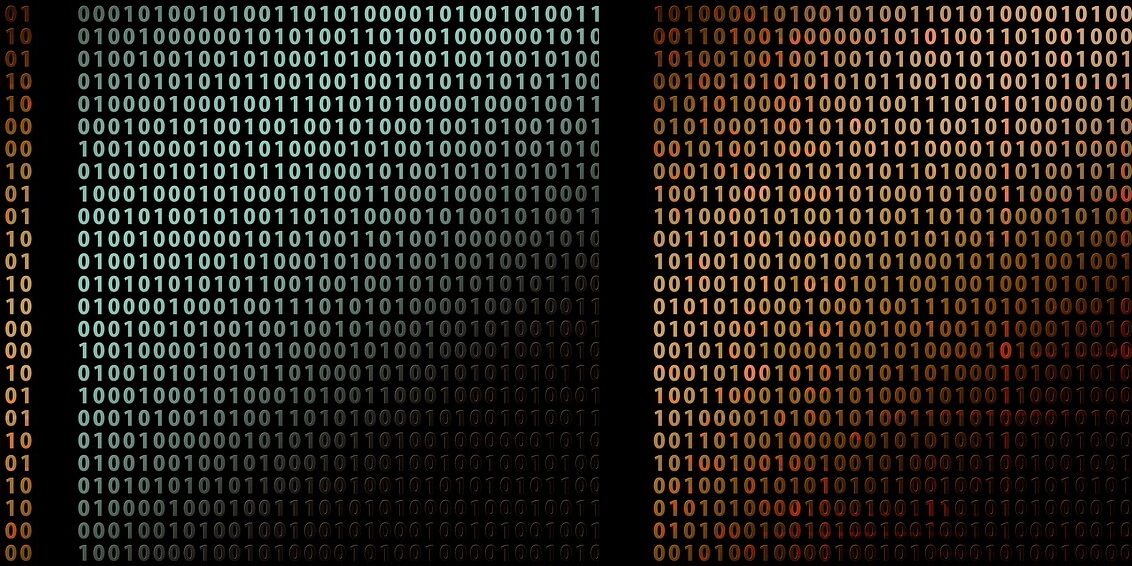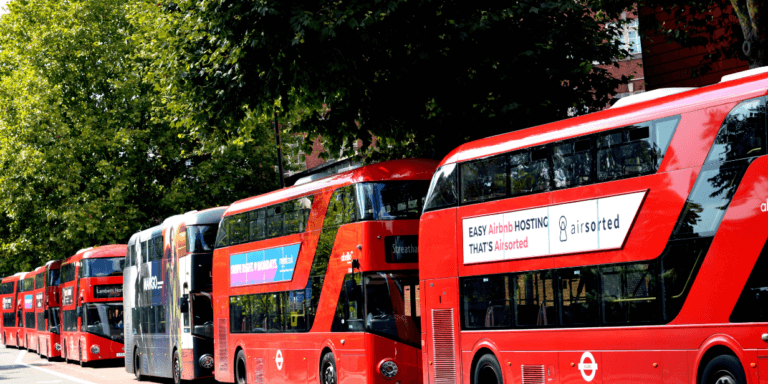When automated license plate readers (ALPRs) are used for street-level surveillance, is it an invasion of privacy? Should the average person be concerned about the LPR cameras mounted at intersections, strip malls, schools and gated communities? Why does law enforcement speak so strongly in favor of license plate readers while other groups are vehemently against them?
Thumbs up or thumbs down for ALPR? Source: Pexels.
Automated License Plate Readers (ALPRs) – Benefits and Controversy
When automated license plate readers (ALPRs) are used for street-level surveillance, is it an invasion of privacy? Should the average person be concerned about the LPR cameras mounted at intersections, strip malls, schools and gated communities? Why does law enforcement speak so strongly in favor of license plate readers while other groups are vehemently against them?
Are license plate readers good or bad? Computer software is neutral. It just does what it’s told. But it’s wielded by humans to achieve goals that aren’t always in everyone’s best interests. Like almost any tool when used responsibly, technology makes work easier and more efficient. But what makes it so powerful also creates the potential for misuse.
Any time there’s data collection, there are privacy concerns. We’re going to look at the benefits and controversy surrounding ALPRs from multiple angles and let you decide for yourself.
Privacy concerns over ALPR? Source: Unsplash.
What Are Automated License Plate Readers (ALPRs)?
Most people have noticed cameras mounted on toll road overpasses, at parking lot entrances, even by restaurant drive-through windows and surmised they were there to watch how drivers behave. Sometimes they’re placed above roadways just to monitor traffic patterns, but more often they are there in case something happens.
If a driver commits a crime and someone else gets hurt, law enforcement wants evidence that shows who caused a problem. If someone regularly speeds through a gated community and endangers children at play, community members want to know who it is so they can deal with the issue. That’s where automated license plate readers come in.
ALPR is one of the most common names for the technology, but it’s also called ANPR – Automated Number Plate Recognition. Some people say Automatic License Plate Recognition, others call such devices Automatic License Plate Readers. The terms can be used interchangeably because they all refer to the same thing.
ALPRs contain software that captures images of vehicles and extrapolates the characters in each one’s license plate. They automatically transmit that data along with each image’s location, date and time to whatever location the camera owner specifies, whether that is a business computer or a central database.
ALPR camera installation. Source: Pixabay.
So Why the License Plate Reader Controversy?
If it’s just used for monitoring traffic, how could automated license plate readers be bad? A Herald-Tribune news article illustrates how the same capabilities that are great for enhancing security also create privacy concerns.
What Police Say About ALPRs
In Holmes Beach, Florida, law enforcement mounted five license plate reader cameras throughout the area. Each camera automatically takes snapshots of license plates and analyzes data against police records. If cars are associated with traffic violations or crimes, computers alert police to their car make, year, and direction of travel. Officers have the discretion to investigate or to let the driver pass, based on the information they receive and the violation involved.
Holmes Beach Police Chief reports the license plate readers have led to 127 traffic stops, out of which they made 40 arrests and took 18 drivers into custody. During one holiday weekend alone officers were able to apprehend two individuals driving stolen cars.
For police officers, it’s like having an extra set of eyes and ears at each location. Leasing all installed cameras for a period of five years cost half as much as employing just one more officer for that time frame.
Police making an arrest. Source: Pexels.
Not Everyone Agrees on ALPR Usage
In the same article, Michael Barfield of the Florida ACLU weighs in, calling license plate readers an “egregious” privacy violation. He argues that in the wrong hands, ALPRs can be used inappropriately. He points out how aggregated data can be used to create a picture of an individual’s movements over time.
He admits license plate readers have their place, “but it should be reserved for significant criminal activity – violent felonies.”
Stationary License Plate Readers
As the name implies, stationary ALPRs don’t move. Law enforcement or local officials mount them on traffic lights, telephone poles, toll roads and overpasses and once they’re up, they stay put. They monitor traffic that comes and goes within view.
Businesses have also realized license plate readers have a number of applications that allow them to provide better service, improved safety and other benefits. Here are just a few examples:
We designed Stream to be extremely simple to deploy and exceptionally easy to use. Here’s what happens when you use it to process ALPR for videos:
- Gated communities use license plate readers to improve community safety.
- Car wash owners install LPRs to make managing expenses easier for subscribers and provide better perks to loyal or VIP customers.
- Retail centers and restaurants use license plate readers to streamline curbside pickup processes and offer faster service.
- Livestock owners cut costs and grow profit margins by using ALPR in conjunction with cow ear tags.
- Construction site managers trust ALPRs for around-the-clock monitoring to prevent vandalism and theft.
- Colleges and universities improve campus safety and manage unauthorized parking with automated license plate readers.
- Counties and tourist development boards use LPR data to allocate funding, measure growth and plan for seasonal traffic.
Cow with ear tags can be read by ALPR software. Source: Pixabay.
Mobile License Plate Readers
Mobile license plate readers are mostly used by law enforcement. Officers mount ALPR cameras on patrol cars and they perform the same function they do at intersections and parking facilities: they decode license plate data. Police can use them to capture images from moving traffic or parked vehicles.
Note: Plate Recognizer License Plate Readers Aren’t Cameras
A number of vendors sell special cameras with built-in ALPR software. That’s not what we offer, nor do we believe it’s the best solution for most situations because LPR cameras are expensive, they’re not always accurate, and once you buy a certain brand, you have to stick with it if you want your cameras to work together.
One thing to know when you’re choosing the best LPR camera is that our ALPR solution works with any IP camera, is extremely accurate and is continually improving. It doesn’t require a huge initial investment to get started, you receive ongoing support and you can test drive before you buy.
The good and bad of ALPR. Source: Pixabay.
Weighing ALPR Pros and Cons
An article from Bloomberg says automated license plate readers collect and share data across state lines, citing data from almost 200 police agencies across the United States. Critics say problems occur when data is shared indiscriminately and kept indefinitely.
Organizations that use license plate readers are wise to have safeguards to avoid the possibility of misuse. Law enforcement agencies might use a system where license plate reader info must be linked to a criminal investigation before officers can view associated data. Businesses might protect consumers by only storing license plate numbers, not personal data.
The thing is, the problem isn’t with the tool but in how it’s used. Cameras don’t discriminate, they take photos of every vehicle’s plates. The cameras themselves only capture information on the outside of the car, not personal, identifying data.
Is it possible data gathered using license plate readers could be used to stalk someone, or to identify groups gathering for religious or political reasons, or to compile information on private citizens without their knowledge? Yes, but the tool itself is just the means. Humans prone to stalking, discriminating or invading the privacy of others will typically find a way to do so whether or not they have access to a particular type of computer software.
In many places, people can obtain data connected to a vehicle’s license plate through a public records request. Ordinary citizens can use it to look up personal information about their neighbor, the person they’re thinking of hiring, their ex, or someone against whom they want to discriminate. They can also use that information to protect themselves from people with a shady past or to check out a vehicle history.
In connection with police use, retired police chief Walt Zalisko points out that officers can manually look up plates and use that data to track or detain suspects. The information is easy to obtain because it’s already in databases related to vehicle registration. Using license plate readers are no different, “it just makes the cop’s job a lot easier.”
Data collected from License Plate Recognition. Source: Pixabay.
What Information is Connected to License Plates?
You don’t need government clearance to get the information tied to someone’s license plate. Google “License plate lookup” and you’ll see a long list of websites offering to provide you with information from public records. Some offer to furnish a vehicle’s market value, vehicle specs, estimated gas mileage, safety rating, recalls and title history.
Paid options or service subscriptions allow you to search US-based public records to find an owner’s identity, look up criminal driving records and view other vehicle details. Paid options offer reports that include:
- Vehicle owner name
- Associated traffic citations
- DUI/DWI offenses
- Registration details
- A complete vehicle history
- Any accident reports
Some state DMVs also offer license plate lookups. The point is, the data is out there. The reason vehicles have license plates in the first place is to identify the car as belonging to a person and that individual as the owner. People driving on public roads don’t have an expectation of privacy in the context of license plates.
Security concerns from license plate data. Source: Pixabay.
The Potential for ALPR Data Abuse
An ACLU report points out how data can be used to paint a picture of a person’s movements and used against them. Their article says, “Anyone with access to these systems could track his boss, his ex-wife, his romantic or workplace rivals, friends, enemies, neighbors, family, and so forth. An agent could target the owners of vehicles parked at political meetings, gay bars, gun stores, or abortion clinics.” They point out law enforcement can be discriminatory even in deciding where to place cameras and target communities based on their religious, ethnic or associational makeup.
In the UK, a police officer was suspended without pay and prosecuted for using police databases to look up an attractive woman using license plate data and stalk her online. Civil Rights groups raised strong objections when law enforcement used ALPR to track welfare recipients suspected of fraud. There are also concerns automated license plate readers could be used to track people who attend protests or visit gun shops or immigration centers.
What are these pets doing here? We need a map of America with regulations per state. Source: Pixabay.
Where is ALPR Data Stored?
Data automated license plate readers collect is like any other file, it’s stored wherever the owner designates. It’s like when you take a photo with your cell phone – you can pre-select whether it stays in a gallery on your phone or syncs to a cloud-based or other external location. You can upload or email it to any number of places. It’s also easy to share it either manually or automatically.
With ALPR data, some organizations keep it on databases within their network. Others share them with independent, non-law enforcement databases. Some offer data for sale to companies like auto insurance agencies. Law enforcement agencies may choose to share regionally or nationally.
Some states have legislation that governs how automated license plate reader data can be stored, shared and/or used. Here are a few examples:
- Arkansas limits how law enforcement uses data and prohibits storing data for more than 160 days.
- California requires governmental entities to destroy video or still images obtained through passive surveillance within three years of recording.
- Colorado legislation says video or images obtained by governmental entities must be destroyed within three years of recording and puts limits on when custodians of passive surveillance records can access them after the first year.
- Florida law creates a public records exemption for data collected using automated license plate readers and in certain circumstances allows them to be disclosed to law enforcement.
- Georgia specifies license plate data can only be collected and accessed for the purpose of law enforcement. If associated information isn’t connected to a violation or crime, it must be destroyed no later than 30 months after its collection.
- Maine regulations say automatic license plate recognition systems should only be used for public safety purposes and requires only storing data for up to 21 days.
- Montana doesn’t allow license plate reader use by state agencies or employees on public highways, and requires law enforcement to get rid of data they gather within 90 days.
- New Hampshire legislation requires that when law enforcement officers gather license plate data, they delete it almost immediately, within three minutes of its capture, unless the stop leads to an arrest or citation or is connected to a missing or wanted person broadcast.
- Utah regulates how government entities use privately held captured license plate data, requiring that data only come from providers who keep information for 30 days or less.
Law enforcement surveillance using ALPR. Source: Pixabay.
Law Enforcement Hotlists Use ALPR
One of the main benefits for law enforcement is the ability to create hotlists. For example, let’s say someone robs a convenience store and witnesses note the license plate as the suspect flees. Police add the plate number to a hot list and get alerts whenever an ALPR decodes that plate.
They’re quickly able to track them down, intercept them and hopefully return the stolen property. The capability is even more powerful when the person being pursued is committing a child abduction or on an armed rampage. Recent news demonstrates how law enforcement uses license plate readers to catch criminals and prevent further mayhem.
Man Arrested After Assault Thanks to ALPR
Recently in Pennsylvania, a man injured an officer during a routine stop and sped away. A license plate reader picked him up and allowed police to track him and eventually find him hiding in a residential area. When they arrested him he was carrying 58 bags of heroin.
Spa Shooting Suspect Tracked Using ALPR
In Atlanta, surveillance footage helped investigators track down the man suspected of a horrifying shooting spree. Police released his license plate number and a license plate reader tied him to the shootings.
ALPR used to solve crimes. Source: Pixabay.
Most Wanted Suspect Caught Leveraging ALPR
After a Tennessee police department implemented the license plate reader program known as Guardian Shield, vehicle burglaries dropped 48 percent and stolen vehicles went down 38 percent. When a TBI Most Wanted Suspect drove through the area police tracked him using ALPR and made an arrest.
ALPR to Fight Hate Crime
In late 2020, New York received $680,000 in funding for license plate readers following a hate-fueled machete attack. After a Monsey rabbi suffered a fractured skull and four other people were injured, police received a vehicle description and license plate number from a witness. They issued an all-points bulletin and soon apprehended the attacker. Because LPR allowed police to track the criminal and prevent further violence, officials opted to install more to prevent future hate crime.
Huffington Post says there have been more than 4,000 incidents of Anti-Asian racism in the past year. Six of the eight individuals killed in the above mentioned spa shootings were of Asian descent. Had ALPRs not assisted in the suspect’s apprehension, the rampage might have continued.
Creative ways License Plate Recognition can help solve crimes. Source: Pixabay.
Other Crimes Solved Using License Plate Readers
Here are a few more instances where ALPRs helped police solve crimes:
- License plate reader lead to the recovery of stolen police badges and ammunition in Flagler County, Florida.
- Witchita, Kansas police recovered 68 stolen cars, made 39 felony arrests and seized meth, cocaine and other drugs just months into their LPR pilot program.
- A man wanted for murder was arrested in Volusia County Florida after a license plate reader helped deputies find him.
No need to arbitrate when there’s full license plate evidence! Source: Pixabay.
License Plate Readers and Private Sector Use
There’s plenty of data to support the benefits of license plate reader use for law enforcement, but what about ALPR for business? Our customers use Plate Recognizer’s software to keep customers and tenants safer, to provide better service, to prevent theft or loss and to improve profits. Businesses use them for everything from weigh bridges to business parking.
ALPR and Property Management
Landlords don’t make a profit unless they keep their property rented. Tenants want to feel safe and to enjoy the amenities promised when they signed their lease. Clients use ALPR software to accomplish tasks like the following:
- Address problems with non-tenants parking in spaces designated for residents.
- Stop non-residents from dumping trash in facility dumpsters.
- Deter vehicle theft and break-ins.
- Become aware if groundskeepers or housekeepers are charging for time they’re not present.
- Identify units where adults not on the lease are “couch crashing”.
- Reduce liability for property damage by providing evidence against false claims.
Gated subdivisions attract homeowners because there’s an expectation of exclusivity, safety and privacy. When just anyone can come and go, they’re not happy and the neighborhood feels less safe. ALPR software used in conjunction with security cameras helps property managers identify when vehicles are there that shouldn’t be. Combining ALPR with access control makes subdivision security a breeze.
License Plate Recognition in shopping mall. Source: Pixabay.
License Plate Readers for Retail
People were already moving toward more online and less in-person shopping before COVID, and the pandemic accelerated that behavior. First major retailers like Walmart, Target and Best Buy offered buy online, pick up in store options. Local sellers followed suit.
Retailers who did a good job getting orders out quickly, efficiently and with limited contact thrived, but doing so was tricky. People didn’t want to wait for their order to appear and juggling priorities was hard for staff.
Many retailers turned to ALPR to streamline curbside pickup. Customers submit their license plate number and retailers receive an alert when their vehicle arrives. Staff quickly delivers their order, the consumer is on their way and that parking space becomes available for the next person.
Retailers who provide stellar customer service show they care. They strengthen their brand image and encourage customer loyalty. The same cameras that allow them to provide better service also do double duty in terms of parking lot security.
LPR and Restaurants
Nobody likes cold food. Restaurants use license plate readers to know when a customer has arrived at the curbside pickup location or drive through window so orders don’t sit on a countertop a second longer than necessary. Some restaurants also use license plate recognition software to:
- Offer customized menu screens based on previous ordering history.
- Link customer vehicles to their preferred payment method, speeding drive-through times.
- Deliver rewards to frequent visitors.
- Identify trends in traffic patterns and vehicle types to plan for future growth.
ALPR in Drive Thru. Source: Pixabay.
Parking Facilities Leverage ALPR
Parking lots and garages can monitor spaces to make sure only authorized vehicles are using them. Their presence acts as a deterrent against theft and vandalism and images can provide evidence if a crime occurs. They can also be linked to payment methods where facilities charge per use. They’re also commonly used on toll roads to replace the need for manned payment stations.
Business Use and Privacy Concerns of ALPR
Most businesses understand consumers value their privacy and put a high priority on data security. They’re highly motivated to do so because businesses that allow consumer information to be accessed through a security breach usually receive bad press and lose consumer trust. It’s bad for business.
Also, while law enforcement agencies benefit from sharing information, businesses and communities do not. It would make no sense for an apartment complex to share data with another of its kind, or for a fast food restaurant to share LPR data with a competitor. It is in a homeowner’s association or retail center’s best interests to keep user information to themselves.
ALPR to protect a gated community. Source: Pixabay.
ALPR and Property Management
Landlords don’t make a profit unless they keep their property rented. Tenants want to feel safe and to enjoy the amenities promised when they signed their lease. Clients use ALPR software to accomplish tasks like the following:
- Address problems with non-tenants parking in spaces designated for residents.
- Stop non-residents from dumping trash in facility dumpsters.
- Deter vehicle theft and break-ins.
- Become aware if groundskeepers or housekeepers are charging for time they’re not present.
- Identify units where adults not on the lease are “couch crashing”.
- Reduce liability for property damage by providing evidence against false claims.
Gated subdivisions attract homeowners because there’s an expectation of exclusivity, safety and privacy. When just anyone can come and go, they’re not happy and the neighborhood feels less safe. ALPR software used in conjunction with security cameras helps property managers identify when vehicles are there that shouldn’t be. Combining ALPR with access control makes subdivision security a breeze.
Where We Stand
One thing to note is that from our standpoint here at Plate Recognizer, we absolutely do NOT share any of our customer’s data with any agency out there. Moreover for clients who express concerns about the security of the license plate data they collect, we partition off our Stream and Snapshot SDK software to run inside the customer’s environment. That way, they have full control of who has access to their info and how they want to share or not share their info.
We also provide information on how you can obtain ANPR data and still be GDPR compliant. For those using our Snapshot Cloud, we save that data for only a period of seven days.
Run Plate Recognizer on-premise in your IT environment. Source: Pixabay.
Removing License Plate Data From Video or Images
What if you have gathered footage or images of vehicles and you want to make sure license plate data doesn’t fall into the wrong hands? Plate Recognizer Blur allows you to automatically blur all kinds of plates. It works on plates that are partially obscure, dented, photographed at an angle, in a dark environment and on every size vehicle.
That means it’s easy to share videos and stay in compliance with the Freedom of Information Act, GDPR, Brazil’s LGPD, Canada’s Personal Information Protection and Electronic Data Act and others. Process street-view images without worrying they might contain information related to your tenants, neighbors, customers or employees.
Questions Regarding Plate Recognizer’s ALPR and Your Business
If you want to know how Plate Recognizer’s automated license plate reader software can benefit your business but you still have questions about how it works, we want to hear from you. Contact us online and we’ll respond within 24 hours, even on weekends.
Or, why not just give it a try, with options that could have you up and running for free. Click here to get started.

